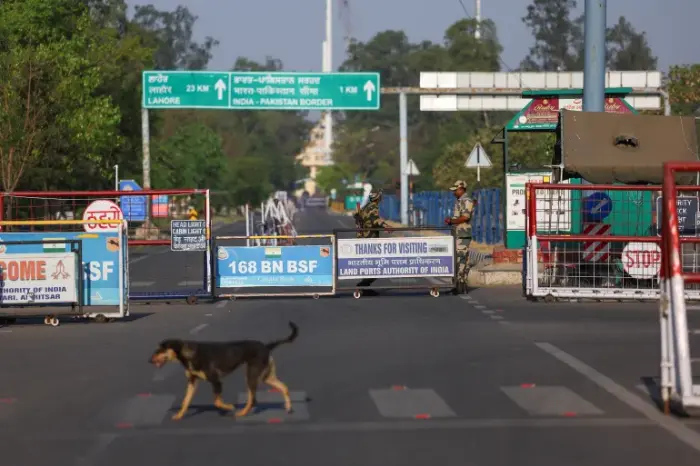The $10 Billion India-Pakistan Trade Hidden Behind Official Data

New Delhi/Islamabad — Despite political hostilities and a near-total freeze in official ties, billions of dollars in informal trade continue to flow between India and Pakistan, challenging the idea that diplomatic tensions have halted economic exchange.
Last week’s deadly attack in Pahalgam, a scenic town in Indian-administered Kashmir, has once again strained the already tenuous relationship between the two nuclear-armed neighbours. In response to the April 22 assault, which left at least 26 civilians dead, both countries have taken sharp diplomatic and economic retaliatory measures.
Retaliatory Measures and Rising Tensions
India has accused Pakistan of having a hand in the attack — an allegation Islamabad has firmly denied, calling instead for a neutral investigation. In retaliation, New Delhi suspended its participation in the Indus Waters Treaty — a crucial agreement that governs water-sharing of rivers flowing from India into Pakistan — and scaled back diplomatic ties.
Pakistan, in turn, announced a suspension of all trade with India, including indirect trade through third countries such as the UAE and Singapore. The Wagah-Attari land border, which previously served as a vital passage for trade and travel, has also been shut.
Official Trade Frozen, But Informal Channels Thrive
Since 2019, formal trade between the two countries has been officially dormant. However, trade analysts and economists suggest that actual economic activity tells a different story.
"While official trade is virtually non-existent, the unofficial trade via third-party countries is estimated to be worth over $10 billion annually," said a South Asian trade expert on condition of anonymity due to the sensitivity of the topic. Goods like textiles, pharmaceuticals, spices, and dry fruits often make their way across borders through indirect routes, primarily involving Dubai and other Gulf trading hubs.
Can Informal Trade Survive the Political Chill?
With escalating tensions and stricter enforcement of cross-border restrictions, the resilience of this informal trade network is being tested. Traders in both countries remain uncertain about the future, fearing a crackdown that could raise costs and complicate logistics.
Still, many believe that economic imperatives will continue to push trade underground if not permitted over ground. “Politics may shut the gates, but demand always finds a way,” said a Karachi-based import-export agent.
Beyond the Numbers
The persistence of informal trade highlights the interdependence of Indian and Pakistani markets, even amid political hostility. While governments battle narratives, businesses often pursue practical solutions — navigating embargoes through creativity and necessity.
But as both governments double down on retaliatory measures, the space for even unofficial trade may be shrinking.